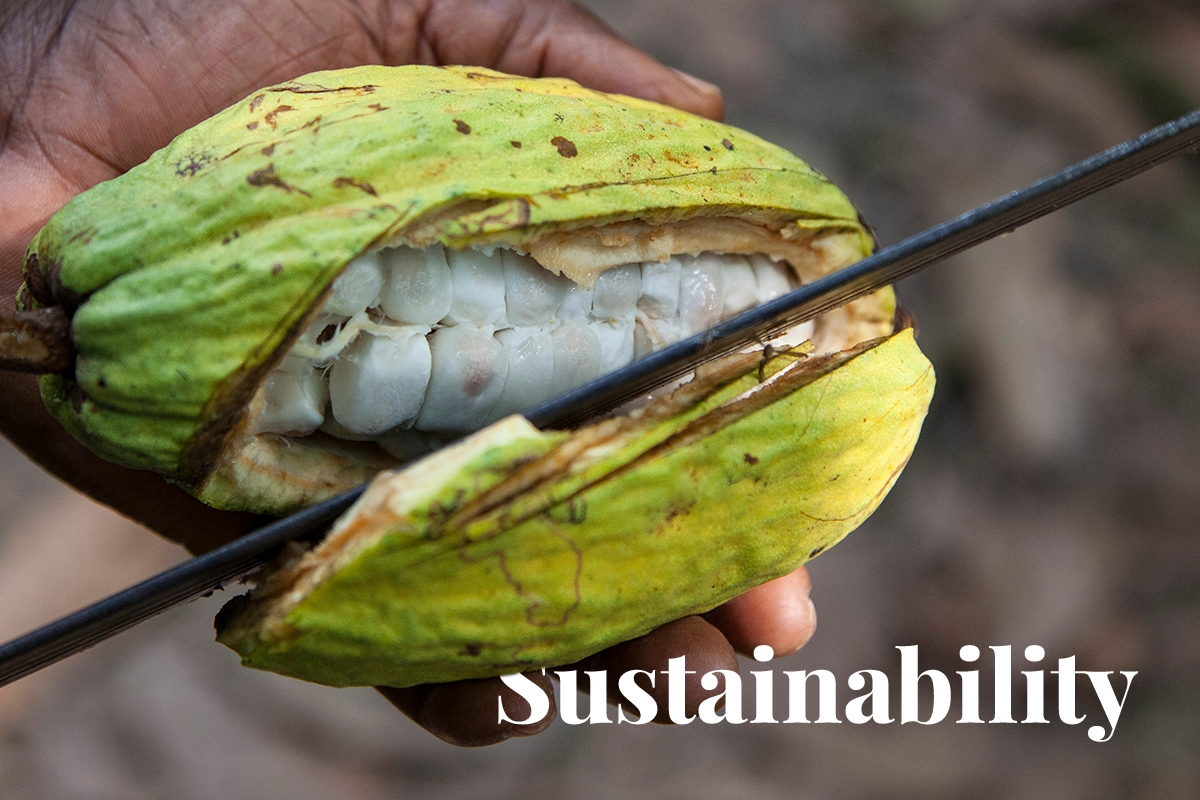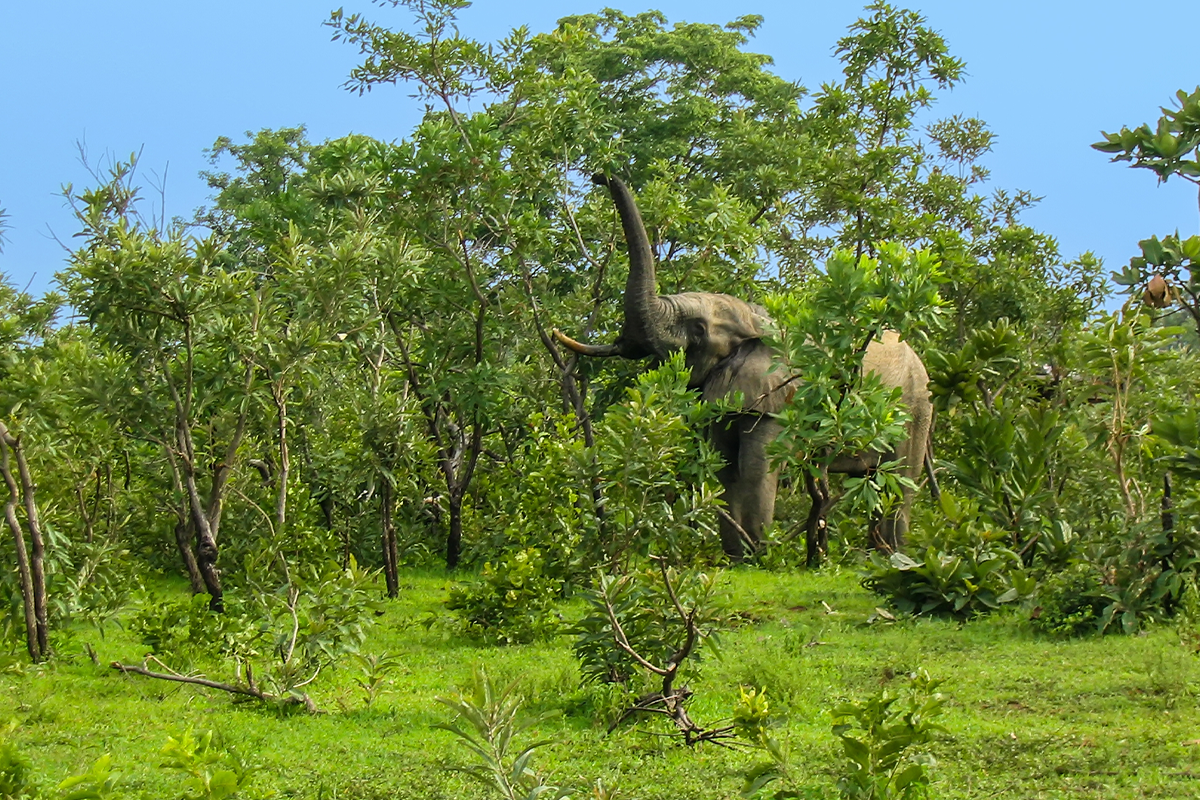Ghana, a country located in West Africa, has been facing severe deforestation problems for decades. Deforestation, the clearing of forests for commercial or industrial activities, has numerous negative impacts on the environment, economy, and society. In Ghana, deforestation contributes to soil degradation, water pollution, and biodiversity loss. This article explores the causes and solutions of Ghana's deforestation.
 Cocoa beans, Ghana.
Cocoa beans, Ghana.
Causes of deforestation in Ghana
Several factors contribute to deforestation in Ghana, including:
-
Agricultural expansion: Agriculture is the backbone of Ghana's economy, employing over half of the population. To meet the growing demand for food, farmers often resort to cutting down trees to make way for farmland. In addition, the expansion of commercial farming, particularly for cash crops such as cocoa, contributes significantly to deforestation.
-
Mining: Ghana is rich in mineral resources, and mining is a major source of revenue for the country. However, mining activities, particularly surface mining, lead to the destruction of forests and other natural habitats. The use of heavy machinery, such as excavators, bulldozers, and trucks, causes soil erosion and disrupts the ecological balance.
-
Illegal logging: Illegal logging is a significant contributor to deforestation in Ghana. Trees are cut down illegally for commercial purposes, including the production of timber and charcoal. The demand for these products, particularly in urban areas, fuels illegal logging activities.
-
Fuelwood collection: Wood remains the primary source of energy for cooking and heating in many rural areas of Ghana. The high demand for fuelwood leads to the indiscriminate cutting of trees, particularly in areas with low forest cover.
Read more: Top 10 causes of deforestation
Solutions to deforestation in Ghana
Several solutions can be implemented to address deforestation in Ghana:
-
Sustainable agricultural practices: Encouraging farmers to adopt sustainable farming practices, such as agroforestry, can help reduce the need for clearing forests for farmland. Agroforestry involves the integration of trees into farmland, which helps improve soil fertility, control erosion, and provide additional income for farmers.
-
Forest conservation: The government of Ghana has implemented several policies aimed at conserving forests and other natural habitats. The Forest and Wildlife Policy, for example, aims to protect Ghana's forest cover and promote sustainable forest management. Establishing forest reserves and national parks also helps protect forests from encroachment and illegal activities.
-
Alternative energy sources: Promoting the use of alternative energy sources, such as solar and biogas, can help reduce the demand for fuelwood. The government can provide incentives for households to adopt these technologies and phase out the use of traditional stoves.
-
Law enforcement: The government of Ghana should enforce laws and regulations aimed at combating deforestation, such as the ban on illegal logging and the protection of forest reserves. Law enforcement agencies should be adequately equipped and resourced to carry out their duties effectively.
 Male African Elephant, Northern Ghana.
Male African Elephant, Northern Ghana.
Conclusion
Deforestation is a complex issue that requires a multi-faceted approach to address. Ghana's deforestation problem is a significant threat to the environment, economy, and society, and urgent action is needed to address the root causes.
Read about: Countries with the highest deforestation rates in the world
By adopting sustainable agricultural practices, promoting forest conservation, promoting alternative energy sources, and enforcing laws and regulations, Ghana can reverse the trend of deforestation and protect its natural resources for future generations. This is what DGB Group aims to do, promote sustainable practices and reforest the world at scale. DGB works with various stakeholders, such as governments and communities, to develop large-scale impactful nature-based projects that restore nature and capture large amounts of carbon. These projects help the regeneration of biodiversity and the restoration of vital habitats.
Contact us to find out more about our projects and how you can get involved




